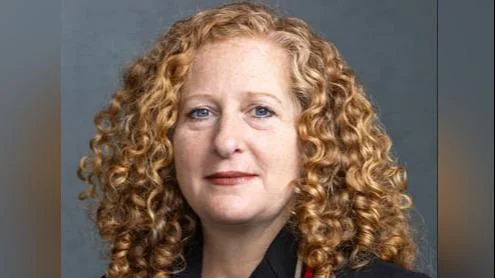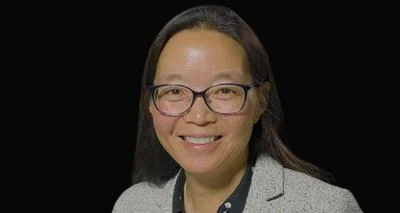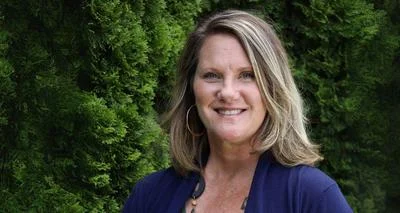Jennifer Mnookin Chancellor | Official website
Jennifer Mnookin Chancellor | Official website
A recent clinical trial at the University of Wisconsin–Madison has enabled transplant patients to live without the need for daily anti-rejection medication. This development is expected to improve the quality of life for those who have undergone kidney transplants.
The Wisconsin Idea Database, which tracks connections between UW–Madison and communities across the state, reports that the university continues to have a broad impact on students, healthcare, and workforce development throughout all 72 counties in Wisconsin. The database highlights the ways in which UW–Madison’s research and outreach benefit local communities.
Shane Hoffman is set to become the first graduate of an accelerated program from the UW School of Medicine and Public Health. This initiative aims to address physician shortages in rural areas by reducing the time required for medical training.
In another example of UW–Madison’s appeal, a student who received offers from 15 top-tier colleges chose UW–Madison. Factors influencing her decision included the university’s reputation, campus community, and a strong financial aid package.
"Thanks to a cutting-edge clinical trial at UW–Madison, transplant patients are returning to a healthy life without anti-rejection drugs."
According to data collected by the Wisconsin Idea Database project, UW–Madison’s efforts extend into every county in Wisconsin, with notable effects on education, healthcare access, and economic growth (https://widata.wisc.edu/).
Shane Hoffman’s graduation marks progress in efforts to bring more physicians to underserved regions. The accelerated program he completed is designed specifically for doctors planning to work in rural Wisconsin.
A new undergraduate shared her reasons for selecting UW–Madison over other elite institutions: "What won her over? A combination of things, including UW–Madison’s world-class reputation, the friendliness of the campus community and a financial aid offer she couldn’t refuse."
UW–Madison continues its outreach through various communication channels and maintains resources such as editorial guidelines and photo libraries for campus communicators.





 Alerts Sign-up
Alerts Sign-up